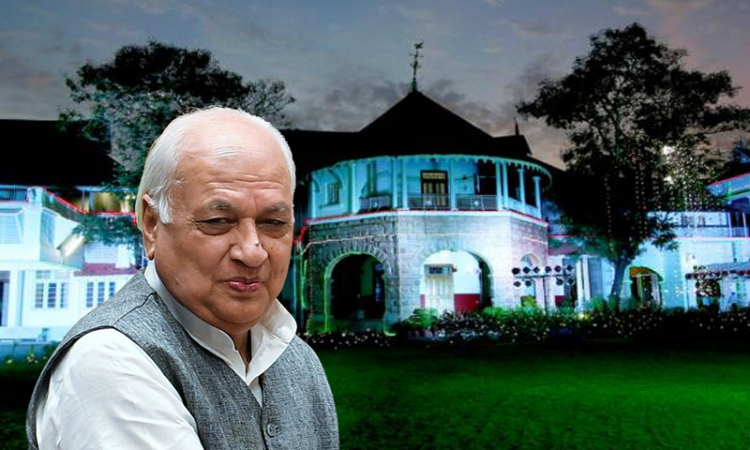Responding to the act of Kerala Governor Arif Mohammed Khan withdrawing the pleasure in the Finance Minister KN Balagopal, constitutional law expert and former Secretary General of the Lok Sabha Mr. PDT Achary said that a Governor can take such a decision only on the advice of the Chief Minister. "The Governor can withdraw the pleasure only on the advice of the Chief Minister. Pleasure...

